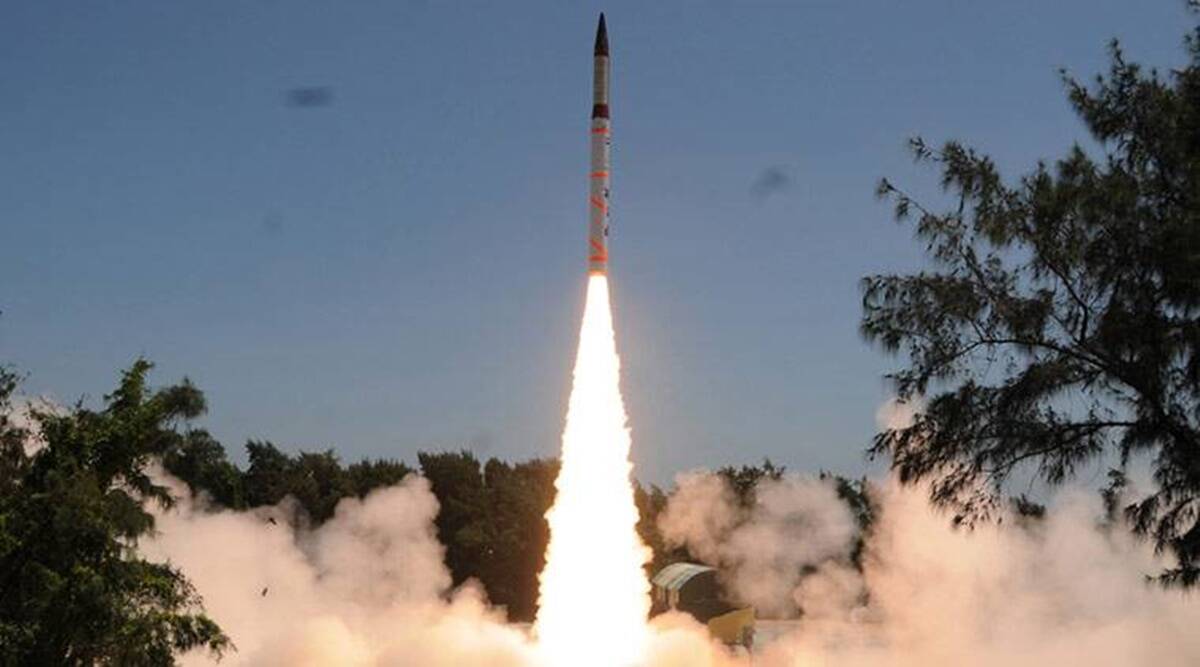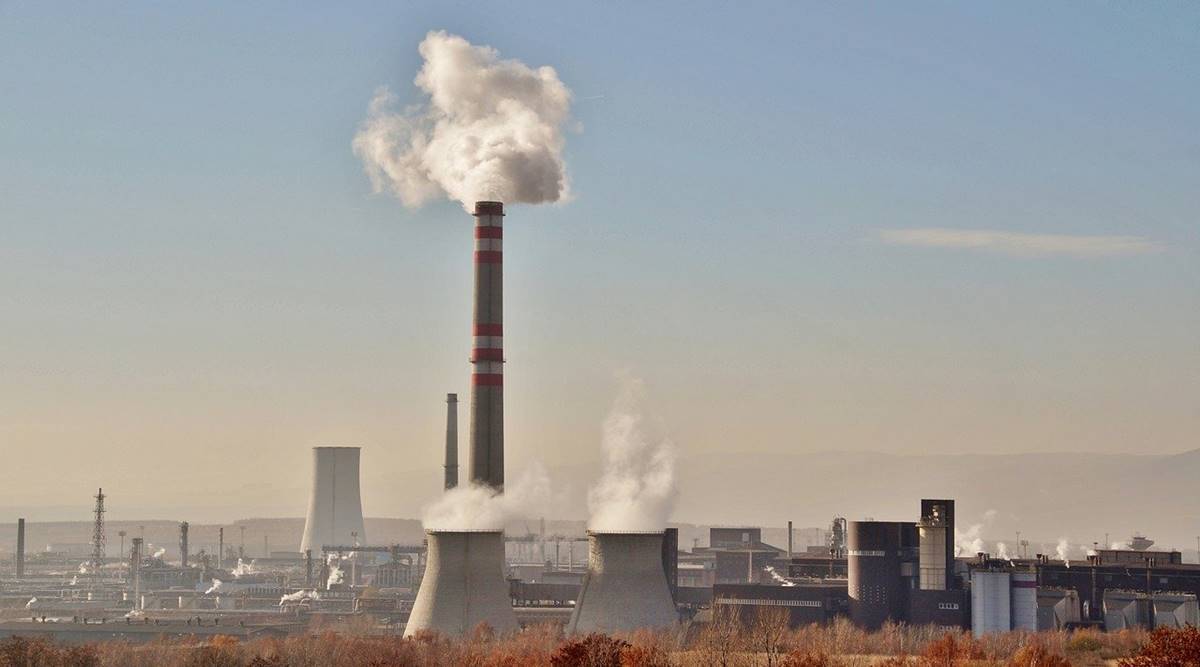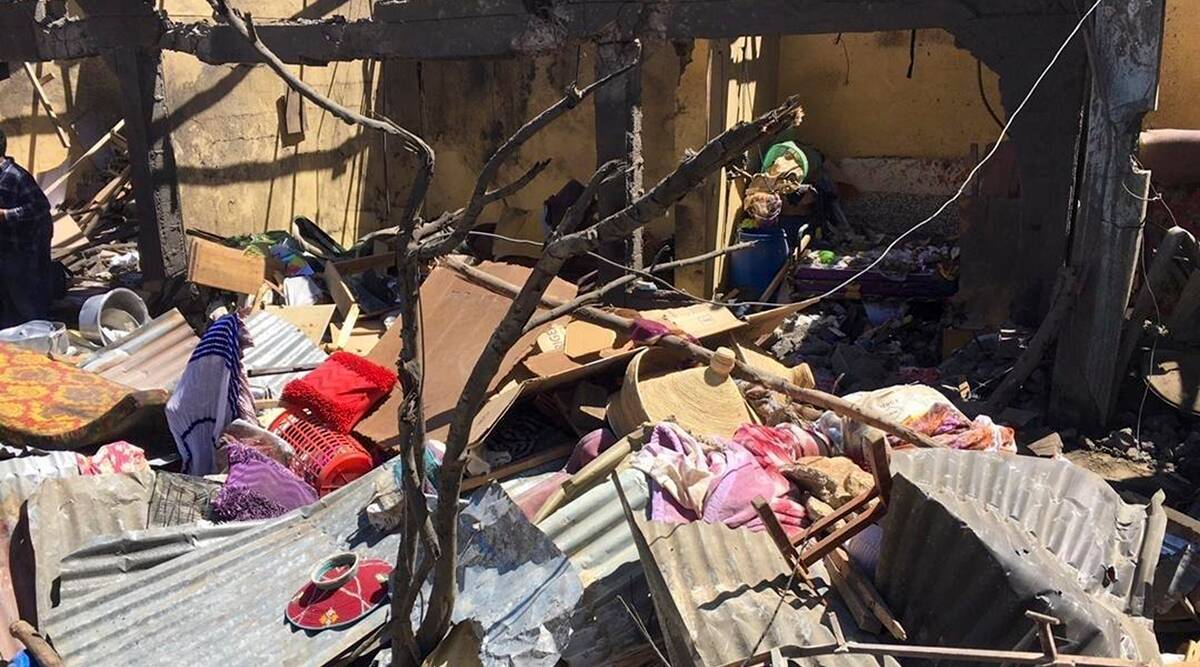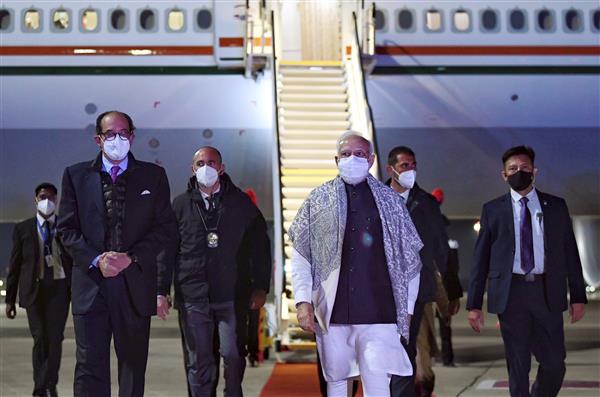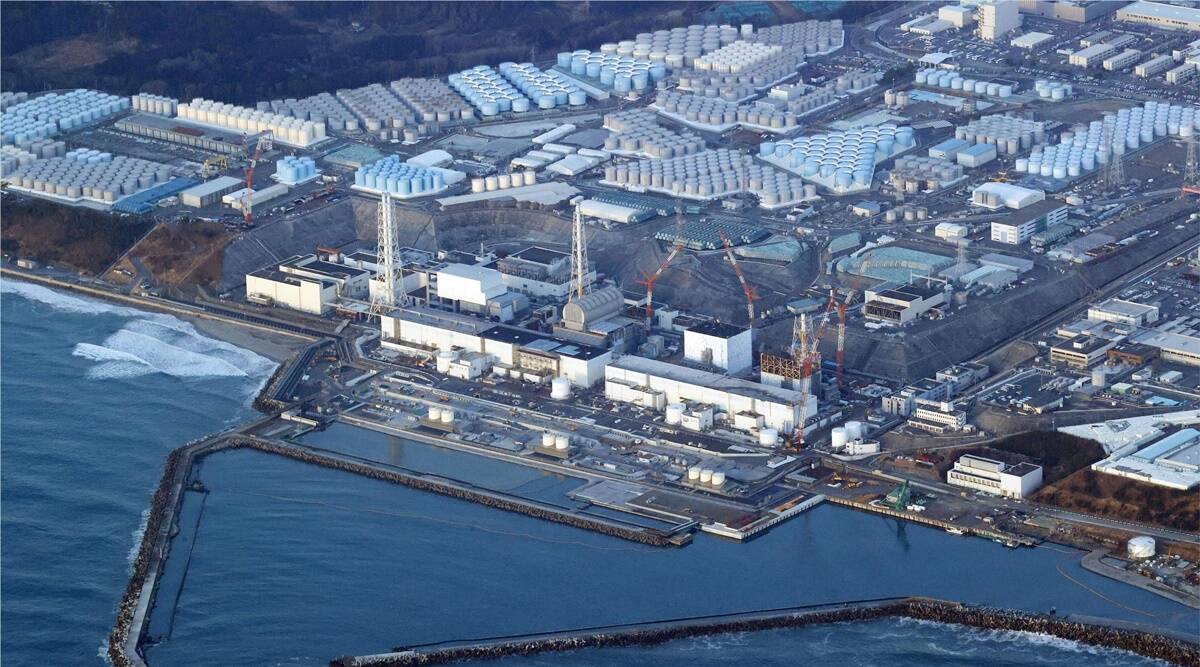
12/22/2022
Tokyo, Dec. 22: Japan on Thursday adopted a new policy promoting greater use of nuclear energy to ensure a stable power supply amid global fuel shortages and to reduce carbon emissions, in a major reversal of its phase-out plan following the Fukushima crisis.
The new policy says Japan must maximize the use of existing nuclear reactors by restarting as many of them as possible and prolonging the operating life of old reactors beyond their 60-year limit, and by developing next-generation reactors to replace them.
Anti-nuclear sentiment and safety concerns rose sharply in Japan after the 2011 Fukushima disaster, and restart approvals have since come slowly under stricter safety standards. Utility companies have applied for restarts at 27 reactors in the past decade. Seventeen have passed safety checks and only 10 have resumed operations. That was in line with Japan’s earlier plan to phase out nuclear energy by 2030.
In a reversal, the new policy says nuclear power provides stable output and serves “an important role as a carbon-free baseload energy source in achieving supply stability and carbon neutrality” and pledges to “sustain use of nuclear power into the future.”
“Green transformation involves a major economic and social transformation, and the technological development and effort by each country can change the situation,” Prime Minister Fumio Kishida said, noting he planned to get the Cabinet to approve the policy and submit necessary bills to Parliament for approval.
The Economy and Industry Ministry has drafted a plan to allow extensions every 10 years for reactors after 30 years of operation while also permitting utilities to subtract offline periods in calculating reactors’ operational life beyond the current 60-year limit.
The plan was approved on Wednesday by the Nuclear Regulation Authority, Japan’s nuclear watchdog, paving the way for the policy to be adopted. New safety inspection rules still need to be compiled into law and approved by Parliament.
Most nuclear reactors in Japan are more than 30 years old. Four reactors that have operated for more than 40 years have received permission to operate, and one is currently online.
The policy paper says Japan will also push for the development and construction of “next-generation innovative reactors” with safer features to replace about 20 reactors now set for decommissioning.
Thursday’s adoption of the new policy comes less than four months after Kishida launched the “GX (Green Transformation) Implementation Council” of outside experts and ministers to “consider all options” to compile a new policy that addresses global fuel shortages amid Russia’s war on Ukraine and seeks to achieve carbon neutrality by 2050.
The council also adopted plans to make renewables Japan’s main energy source and further promote hydrogen and ammonia as well as off-shore wind power and other forms of energy to promote decarbonization, supply resilience and economic security.
The regulation authority’s commissioner, Shinichi Yamanaka, told a news conference the new safety rules requiring operational permits every decade after 30 years will be safer than a current one-time 20-year extension option for 40-year-old reactors.
Takeo Kikkawa, an economics professor at the International University of Japan and an expert on energy, said utility operators under the new policy could keep using old equipment instead of investing in new technology or renewables. He also said prolonging the operational life of old reactors is unsafe.
“Naturally, we should aim for newer technology and use it safely. Therefore, extending reactors’ lifespans is an undesirable move,” Kikkawa recently told a talk show.
The new policy does not help address imminent supply shortages because reactors cannot be restarted as quickly as the government hopes due to operators’ delayed safety upgrades and other obstacles including local consent, experts say.
Nuclear energy accounts for less than 7% of Japan’s energy supply, and achieving the government’s goal of raising its share to 20-22% by fiscal 2030 will require about 27 reactors, from the current 10 — a target some say is not achievable.
Experts say developing next-generation reactors involves huge costs and uncertain prospects.
Kenichi Oshima, a Ryukoku University professor of environmental economy and energy policy, said some of what the government calls “innovative” reactors are not so different from existing technology and that prospects for nuclear fusion and other next-generation reactors are largely uncertain and not achievable anytime soon.
The regulation authority came under fire Wednesday after revelations by a civil group that a few of its experts had discussed details with industry ministry officials before the watchdog was officially asked to consider a rule change, despite their compulsory independence.
Despite the failure and closure of the Monju plutonium-burning reactor, Japan insists on continuing with spent-fuel reprocessing at the trouble-prone Rokkasho plant and nuclear fuel recycling, which has created a stockpile of excess plutonium and drawn international concerns over its nuclear safeguards. The Rokkasho plant is reportedly considering another postponement of its launch to 2024 from 2022.
Kishida also said Thursday the government will do more to find candidate sites for a final repository for high-level nuclear waste, which Japan does not yet have. Preliminary studies have begun in two small towns in Hokkaido, dividing residents’ views.
Opponents say nuclear power is not flexible and not even cheaper than renewables when final waste management and necessary safety measures are considered, and that it can cause immeasurable damage in an accident or in conflict, as in Russia’s attacks on a Ukrainian nuclear plant.
Ruiko Muto, a survivor of the Fukushima disaster, called the new policy “extremely disappointing.” She added: “The Fukushima disaster is not over yet and the government seems to have already forgotten what happened.”-AP
